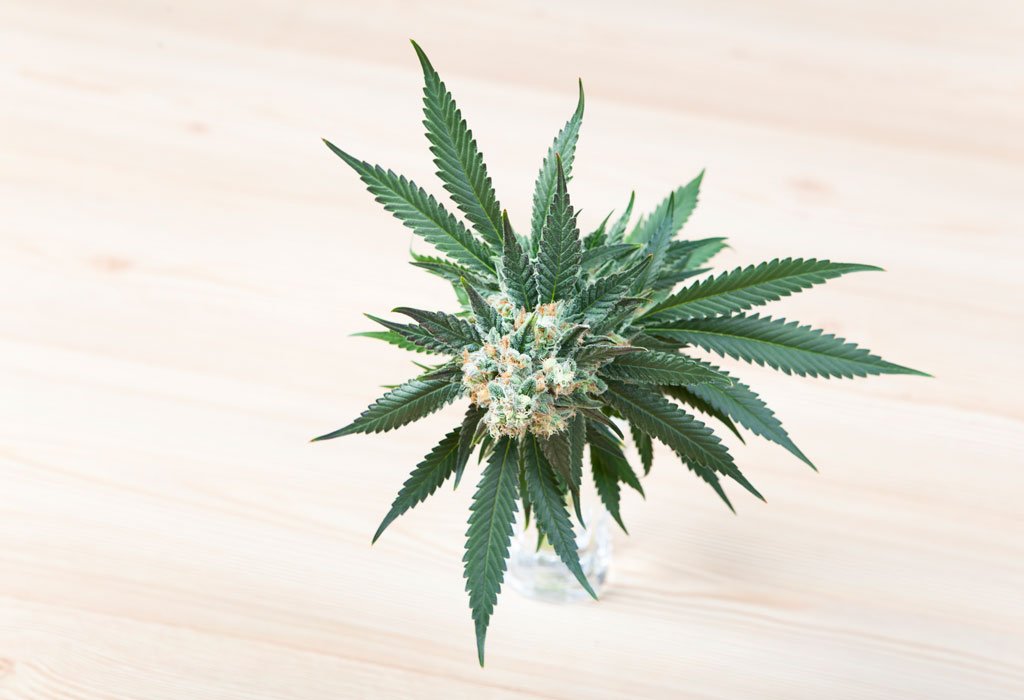As interest in cannabinoids continues to grow, consumers may come across terms like “delta-8 THC CBD” or “delta-8 CBD.” These phrases can be confusing, as delta-8 THC and CBD are two distinct cannabinoids found in the cannabis plant. This comprehensive guide aims to clarify the differences between delta-8 THC and CBD, explore the possibility of combining these cannabinoids, and address the implications and potential benefits of such combinations.
Understanding Delta-8 THC and CBD
Delta-8 THC: Delta-8 THC is a minor cannabinoid found in cannabis. It is structurally similar to delta-9 THC, the primary psychoactive compound in cannabis, but it has a double bond on the eighth carbon chain instead of the ninth. Delta-8 THC is known for its psychoactive properties, but its effects are often considered milder and more controllable than delta-9 THC.
CBD: Cannabidiol is another cannabinoid found in cannabis, particularly in hemp. Unlike delta-8 THC and delta-9 THC, CBD is non-psychoactive, meaning it does not produce intoxication or a “high.” CBD is recognized for its potential therapeutic benefits, including anti-inflammatory, analgesic, anxiolytic, and neuroprotective effects.
The Entourage Effect and Combining Cannabinoids
The entourage effect refers to the potential synergy among cannabinoids, terpenes, and other compounds found in the cannabis plant. Combining different cannabinoids, such as CBD and THC, may lead to enhanced therapeutic effects compared to using individual cannabinoids alone. However, it is essential to understand the specific combination and its potential impact on the overall experience.
Delta-8 THC and CBD: Separate Compounds
Delta-8 THC and CBD are separate and distinct compounds in the cannabis plant. While they can both be extracted and isolated from the plant, they have different chemical structures and interact with the body’s endocannabinoid system in different ways. There is no naturally occurring “delta-8 THC CBD” compound in the cannabis plant.
Potential Benefits of Combining Delta-8 THC and CBD
Although there is no inherent “delta-8 THC CBD” compound, some products may contain a combination of delta-8 THC and CBD. Manufacturers may choose to blend these cannabinoids to take advantage of the potential synergy and balance their effects. For example, the presence of CBD in a delta-8 THC product may help mitigate potential side effects such as anxiety or paranoia, while still offering the potential benefits of both cannabinoids.
Selecting Delta-8 THC and CBD Products
When choosing products that combine delta-8 THC and CBD, consumers should pay close attention to the cannabinoid content, as well as the CBD-to-THC ratio. The CBD-to-THC ratio can influence the overall experience, and users should consider their tolerance to THC and desired effects when selecting a product.
Legal Considerations
The legal status of delta-8 THC and CBD products can vary significantly based on regional regulations. In some areas, both delta-8 THC and CBD may be legal for recreational or medicinal use. However, other regions may have strict regulations or restrictions on one or both cannabinoids. It is crucial for consumers to research and understand the legal landscape in their location before purchasing and using delta-8 THC and CBD products.
Third-Party Testing and Product Transparency
Choosing delta-8 THC and CBD products from reputable brands that conduct third-party testing is essential for product transparency and quality assurance. Third-party testing verifies the cannabinoid content and ensures that the product meets safety standards and regulatory requirements.
The Distinctions Between Delta-8 THC and CBD
Delta-8 THC and CBD are two of the most prevalent cannabinoids found in cannabis, each with distinct properties and interactions with the body’s endocannabinoid system. Delta-8 THC is psychoactive, producing mild euphoria and relaxation, while CBD is non-psychoactive and does not induce intoxication. The differences in their chemical structures and effects make them suitable for different purposes, with users choosing one or the other based on their wellness goals and desired experiences.
The Potential Benefits of Delta-8 THC
Delta-8 THC has garnered attention for its potential therapeutic benefits, which may include pain relief, appetite stimulation, and reducing nausea. Some users appreciate the milder psychoactive effects of delta-8 THC compared to delta-9 THC, finding it to be a more controllable and enjoyable experience. These potential benefits have led to the development of various delta-8 THC products, including edibles, vape cartridges, tinctures, and topicals.
The Potential Benefits of CBD
CBD is one of the most extensively studied cannabinoids and has shown promise for various health conditions, such as inflammation, anxiety, depression, and epilepsy. Its non-psychoactive nature makes it a popular option for those seeking relief without impairment. CBD products come in various forms, including oils, capsules, topicals, edibles, and beverages, catering to diverse consumer preferences.
Combining Delta-8 THC and CBD: Product Variations
As consumer interest in the entourage effect grows, manufacturers have started developing products that combine delta-8 THC and CBD. These products may offer a balanced cannabinoid profile, potentially leveraging the benefits of both compounds while minimizing unwanted side effects. Some users report that combining delta-8 THC with CBD creates a more well-rounded experience, with the CBD helping to mitigate any potential anxiety or psychoactivity associated with delta-8 THC.
The Importance of Product Transparency and Third-Party Testing
When considering products that combine delta-8 THC and CBD, consumers should prioritize product transparency and third-party testing. Reputable brands provide detailed information about the cannabinoid content, CBD-to-THC ratio, and the presence of other compounds. Third-party testing ensures that products meet safety standards, verify cannabinoid concentrations, and comply with regulatory requirements.
Personal Preferences and Considerations
The decision to use products combining delta-8 THC and CBD ultimately depends on individual preferences, tolerance levels, and wellness goals. Some users may find that the combination enhances their overall cannabis experience, while others may prefer using delta-8 THC or CBD separately. Experimenting with different products and ratios can help users determine what works best for their unique needs.
Conclusion
While there is no naturally occurring “delta-8 THC CBD” compound, some products may contain a combination of delta-8 THC and CBD to harness the potential synergy between cannabinoids. Consumers should be aware of the distinctions between delta-8 THC and CBD and carefully consider their desired effects and tolerance levels when selecting products. The entourage effect suggests that combining cannabinoids can lead to enhanced therapeutic effects, making the combination of delta-8 THC and CBD an intriguing option for some users. However, individual responses to cannabinoids can vary, and it is essential for users to consult with healthcare professionals and follow legal guidelines when incorporating delta-8 THC and CBD products into their wellness routines. As the cannabis industry continues to evolve, consumers can explore different combinations of cannabinoids to optimize their unique wellness experiences.
In her role as a Branding Adviser, Linda draws on her strategic thinking to assist businesses in building strong and authentic brand identities, effectively connecting with their target audiences. Her unique blend of skills, spanning emotional wellness, psychology, and branding, positions Linda Catalan as an influential figure in fostering personal growth and helping businesses thrive in the competitive market landscape."
- Is There A Delta-8 Thc CBD? - September 25, 2023
- Is Delta-8 Thc Addictive? - September 25, 2023
- Benefits of Chickweed Supplements - September 25, 2023











